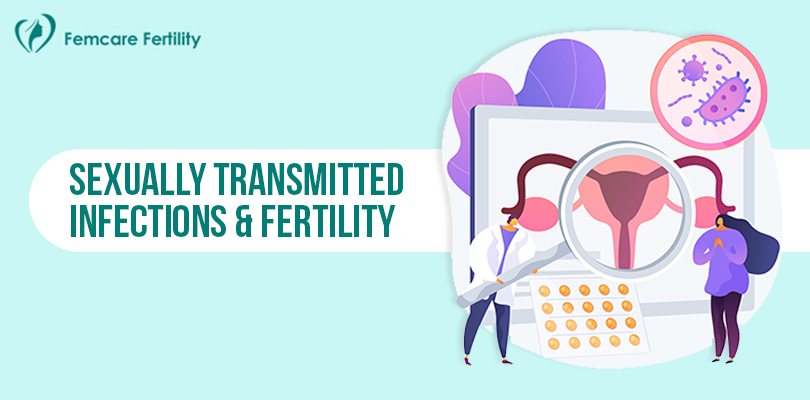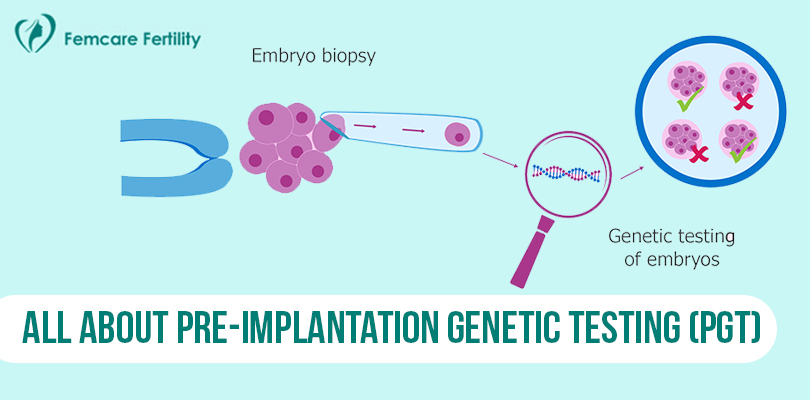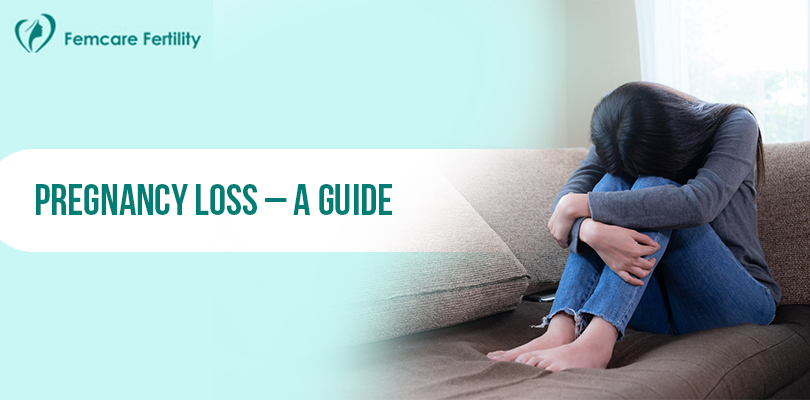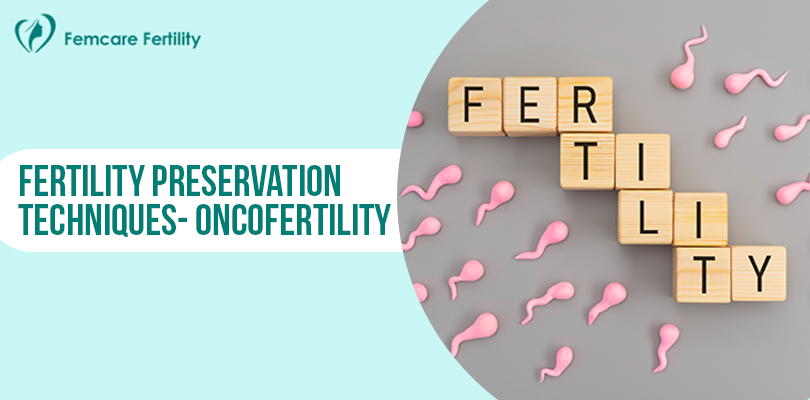A woman gets pregnant when the male partner’s sperms meet her egg at the right time and with all the steps in perfect sync.
Trouble at any step can keep women from experiencing the joys of motherhood. A woman not conceiving after one year of active trying or having repeated miscarriages should see a fertility specialist. Female factor infertility accounts for about 30-40% of infertility cases. Common risk factors are:
Age:
As a rising trend of 21st century, child-bearing plans are put on a back-burner till women are into their 30s or 40s. Advancing age of a woman is the foremost cause of female infertility because your eggs are aging with you. In fact they are 9 months older as egg development starts in your mother’s womb. Also there are a set number of eggs a woman is born with, thus as she grow older her egg stores and quality deplete.
The most fertile age is touted to be the 20s, post that it starts falling. By 40 years, chance of pregnancy reduces to less than 5% per cycle. Even the chances of miscarriage and chromosomal problems in the baby increase with age due to poor egg quality.
Genetics:
Endometriosis:
In this condition, the endometrial tissue which forms the uterus’ lining, grows on the other organs outside the uterus as well (ovaries, fallopian tubes, abdomen). The incorrectly lined endometrial tissue thickens every month like the normal tissue. When the normal lining sheds during periods, the abnormal tissues also bleed internally. This leads to scar tissue formation and swelling which can block the reproductive organs and their function is affected. It can also cause chemical changes in the normal uterine lining and affect implantation into the uterus and maintaining pregnancy becomes difficult. Women may experience abdominal pain pre-period which becomes worse during periods and intercourse. The risk of endometriosis increases with family history.
Autoimmune conditions:
Body’s own immune system attacks ovaries or egg cells, disrupts their function leading to ovulation problems.
Anti-sperm antibodies can be produced by women against sperms, damaging them before reaching
the egg.
Problems with Ovulation (Most common cause - 25% females with infertility)
If periods don’t start in time, they stop early or are not regular each month, a woman should visit a gynaecologist to check for ovulation problems.
Polycystic Ovarian Syndrome (PCOS):
- Occurs due to hormonal issues
- Instead of a single mature egg follicle, ovaries produce many follicles with immature eggs and liquid → Increase in size of the ovaries → More secretion of the male hormone, androgen → Increased androgen in a woman’s body causes trouble with ovulation.
- Women suffer from irregular or absent periods, heavy bleeding and fertility issues. Other symptoms include excess hair growth, weight gain, acne, skin darkening, increased diabetes risk.
- The exact cause is not quite understood but risk factors are lifestyle, family history and high insulin levels.
Premature ovarian failure (POF): Ovaries stop producing eggs and estrogen (hormone helping egg production) at a much earlier age, usually before 40 years, commonly due to:
- Problem with X chromosome (Turner syndrome, Fragile X syndrome)
- Autoimmune conditions
- Side effect of chemotherapy/ radiation therapy
Turner syndrome: There are 2 sex chromosomes in an individual and in absence of one of them, the condition is called Turner syndrome.
Women have non-functional or streak ovaries, thus no initiation of periods. They may also have a small uterus.
Hormonal problems: Hormones controlling the female reproductive cycles are produced in the brain (hypothalamus or pituitary gland) or the ovaries. There needs to be a delicate balance in the hormone levels and any disruption can cause infertility in females.
These manifest as period irregularities, acne, facial hair growth, hairfall, reduced libido, weight gain and needs to be checked by a specialist.
Tubal problems:
Sperm meets the egg and pregnancy is achieved in the fallopian tube. Damage/ blockage in the fallopian tubes hampers this union.
If fertilization does happen, transfer of the embryo into the uterus is blocked and pregnancy continues in the fallopian tube which has other major complications for the woman. Blockages in the tube mainly arise as a result of scarring, which is growth of extra tissue in response to injury/surgery.
There are certain rare conditions where the hair cells (cilia) in tube which help to push the egg into place to meet the sperms, are damaged and conception becomes difficult.
Uterine problems:
Any problems in the uterus can cause difficulty in attachment of the formed embryo to the inner endometrial lining for growth (implantation) and risk of miscarriage increases.
- Fibroids: Harmless, commonly occurring tumors in the uterus which impact fertility depending on their size and location. If the fibroids are jutting into the uterine cavity and blocking large part of it, implantation and embryo’s growth becomes difficult. The chance of pregnancy becomes half and risk of miscarriage become higher. They may also lead to heavier bleeding during periods and painful intercourse.
- Uterine abnormalities by birth (congenital): The uterus might be very small/absent, divided in the middle or having abnormal shape by birth. Variations in the shape of the uterus can make it difficult to hold the pregnancy and leads to miscarriages.
MRKH syndrome is a condition with absent uterus and vagina, normal ovaries and secondary sexual characters, sometimes there may also be absence of fallopian tubes.
Cervical problems:
Cervix is the opening to the uterus through which sperms enter. Infertility can occur if the cervix doesn’t produce enough mucus to support the sperms to reach the uterus or the opening of the cervix is very narrow or closed due to scarring/ injury/ by birth and thus sperms cannot travel up.
Lifestyle:
- Smoking: Causes exhaustion of the ovaries’ capacity to produce eggs leading to early ovarian ageing and poor egg quality. DNA in the eggs formed may also be damaged which increases miscarriage risk. Smoker women are known to experience menopause earlier. It can also affect the cervix and fallopian tubes leading to risk of pregnancy growing in the tube (ectopic) instead of the uterus.
- Alcohol: It is known to affect egg quality, reduced rate of conception and higher risk of miscarriages.
- Body weight and diet: It is an important factor influencing female infertility as it can mess with your hormones. Women’s obsession with reducing weight can sometimes impact their childbearing dreams. Underweight women have lower estrogen levels, ovaries may not function properly and may suffer from absent or irregular periods.
Women with higher body weight have higher estrogen levels which prevent ovulation entirely. They are also at risk of developing or worsening of PCOS.
A diet rich in processed foods, high sugar content, caffeine, lacking iron, vitamins, folic acid is known to cause infertility in women. Research has also linked high cholesterol levels with infertility.
- Exercise: Heavy exercise causes rush of happy hormones but a decline of reproductive hormones and can disturb natural ovulation cycles. It causes decrease in progesterone levels important for maintaining pregnancy. Women are generally advised to avoid heavy exercises for more than 5 hours a week.
- Stress: It is long known that stress causes menstrual cycles irregularities. It may also affect other lifestyle factors like diet, sleep and exercise, indirectly leading to infertility
- Lubricants: Certain lubricants contain chemicals which hamper the sperms’ quality and number which makes conception difficult.
A lot of the harm caused by these factors can be prevented or made better just by timely making the right lifestyle choices.
The onus of fertility is usually put onto women. Recognising the causes helps to provide the right infertility treatment in time and reduce this burden from women. These conditions require specialised treatment and Femcare fertility is the best infertility clinic in Pune for all your infertility related needs. At Femcare fertility we house one of the best infertility specialist in Pune to provide modern solutions to fertility problems with a human touch.










